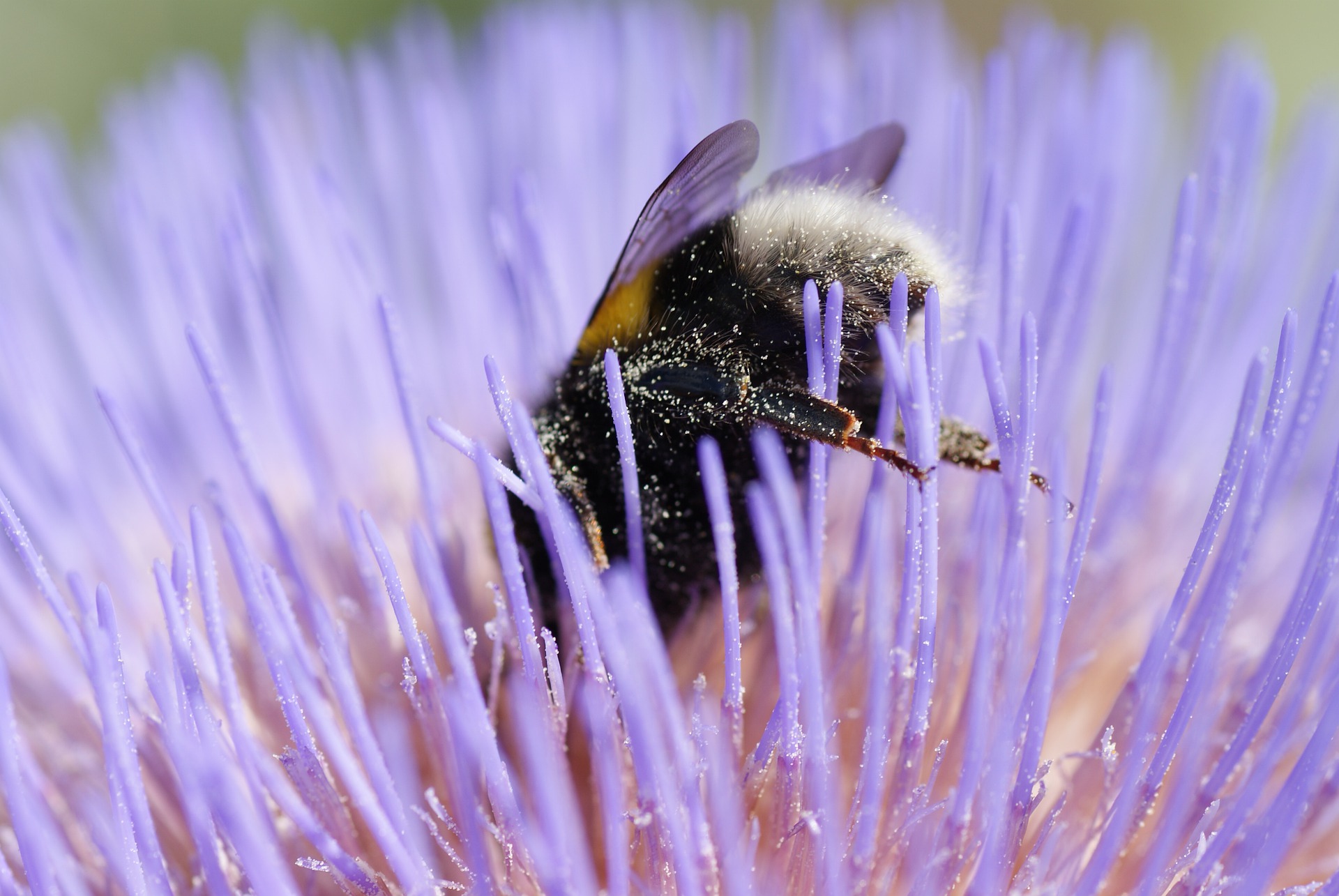News release
From:
Ecology: Competition for fewer pollinators may reduce plant diversity
Competition for pollinating insects may reduce the ability of plant species to coexist, according to a paper published in Nature. This effect, which may impact plant diversity, is expected to be heightened as the number of pollinators decreases.
The observed global decline of pollinators has incited the need to better understand their role in maintaining plant diversity. Ecological theory predicts that increased competition for pollinators may increase plant diversity, by providing a context that forces plants to adapt and establish their own, unique niches. However, competition may instead result in some species being excluded from their niches, paradoxically decreasing diversity in a community.
To address these potential contrasting effects, Christopher Johnson and colleagues manipulated the pollination environment of five annual flowering plant species (including poppies, cornflowers and wild fennel) grown in a field whereby plant density was made to vary along a gradient. Plants were either exposed to normal environmental levels of pollinators or aided by supplementary hand pollination (thereby reducing the competition for pollinators between plant species). The authors reveal that competition for pollinators destabilized interactions between plant species, resulting in fewer species coexisting together. Plant–pollinator interactions contributed towards competitive imbalances between plant species — an effect that the authors expect will be further exacerbated by declining pollinator levels. Experimental stimulation of pollinator decline furthermore revealed that plant species with a sharper drop in pollinator visits to their flowers also experienced larger declines in population growth rate.
The authors conclude that these findings reveal how interactions between plant species can be weakened and competitive imbalances intensified as plants compete for pollinator attention. This information, they state, will be invaluable for determining the ecological consequences of pollinator decline.



 International
International


